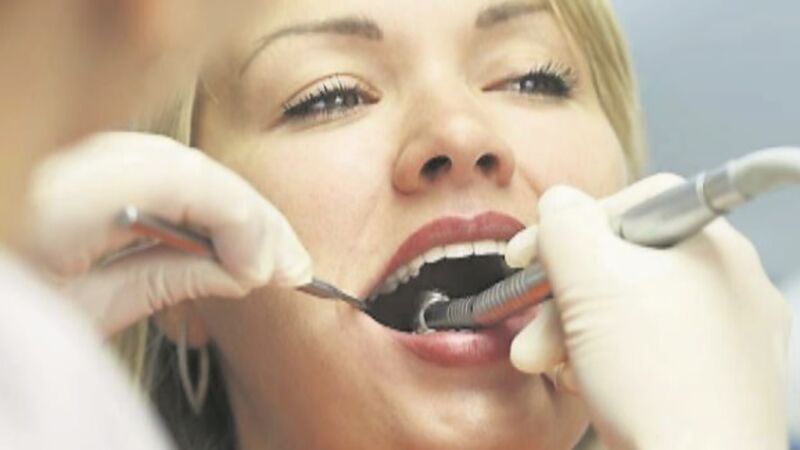Graphic: Irish forced to spend more on health

Ireland, together with Australia, has the biggest proportion of people with health insurance in countries where this means they face shorter waiting times, the OECD report, Health at a Glance says.
Patients in Turkey and France have more of their medical costs covered by the state, while Greece and Switzerland have the least.













